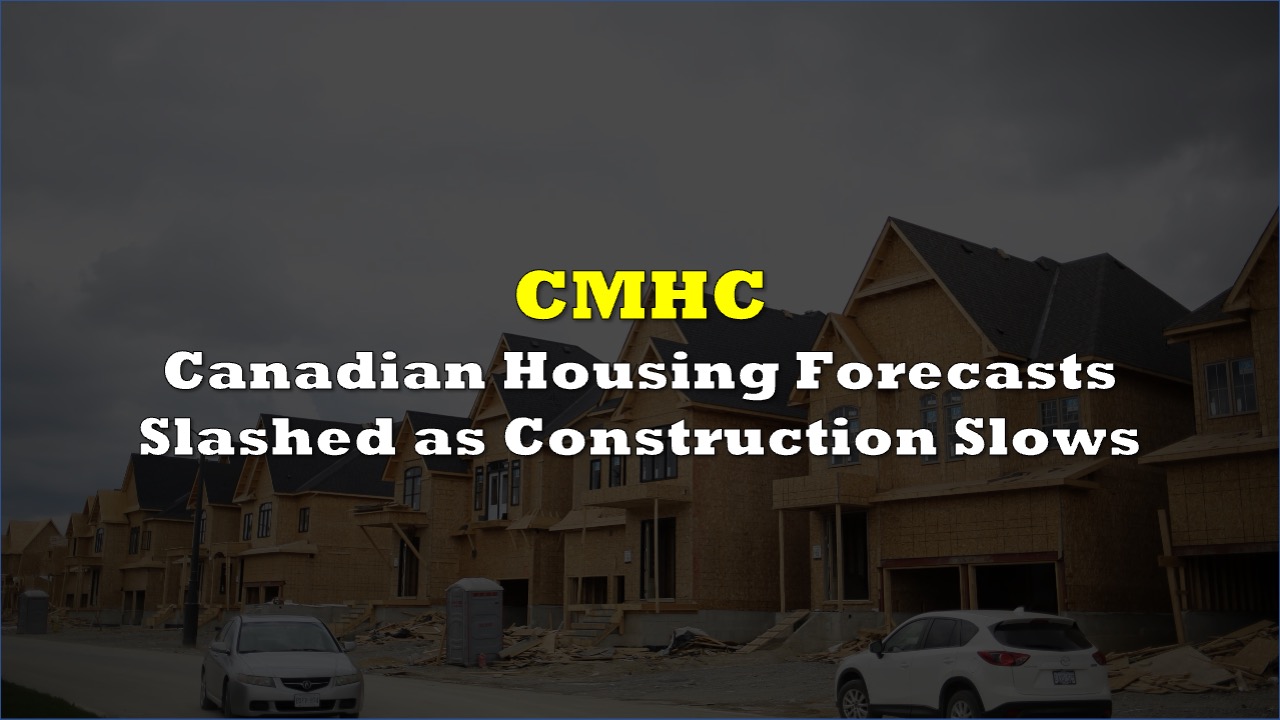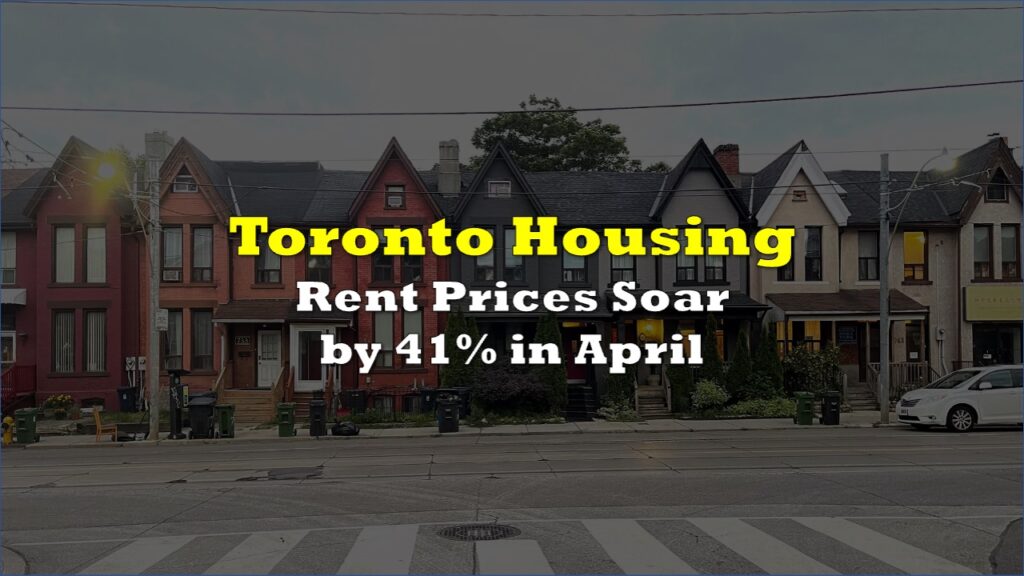Canada Mortgage and Housing Corp. has significantly lowered its housing construction forecasts through 2027, citing trade tensions, rising costs, and developer caution as the country’s housing crisis deepens.
CMHC had forecast 240,500 housing starts for 2025 in its February outlook, followed by 238,600 in 2026 and 232,900 in 2027. The agency’s July update indicates current projections are “increasingly aligned” with its low-growth scenario, suggesting substantial downward revisions.
“Housing starts are likely to respond more slowly, as developers remain cautious and financing conditions stay tight,” CMHC stated in its summer update released July 24.
The CMHC just revised their housing start forecasts, and they show starts falling through 2027 (and prices rising substantially after 2025).
— Dr. Mike P. Moffatt 🇨🇦🏅🏅 (@MikePMoffatt) July 29, 2025
Are any governments, anywhere, paying attention to this real-time collapse in housing construction? pic.twitter.com/HKkGNjT0Pv
The revised outlook represents a significant departure from government housing targets. Ontario has set goals of 150,000 housing starts annually by 2025, while federal officials have called for accelerated construction to address the national housing shortage.
Trade tensions with the United States are reshaping Canada’s economic outlook, with bilateral tariffs expected to peak in the second half of 2025. The agency expects a mild recession this year, followed by recovery beginning in early 2026. Home prices are forecast to decline about 2% nationally in 2025, with larger drops in Ontario and British Columbia.
CMHC reported that “many condo projects are delayed, cancelled or converted to rentals” and that “developers are missing presale targets, and unsold inventory is rising.”
Construction activity is expected to decline sharply in Ontario and British Columbia due to high housing prices and low investor confidence, while Quebec, the Prairies and Atlantic Canada are expected to maintain relatively stronger levels.
Lower immigration targets and elevated supply of new rental units are pushing vacancy rates higher in major centers, though rents continue to rise at a slower pace than recent years.
CMHC emphasized it will continue monitoring conditions and update forecasts as necessary. The housing shortage remains a central issue for Canadian policymakers, with CMHC estimating the country needs millions of additional units by 2030 to restore affordability.
Information for this story was found via the sources and companies mentioned. The author has no securities or affiliations related to the organizations discussed. Not a recommendation to buy or sell. Always do additional research and consult a professional before purchasing a security. The author holds no licenses.









